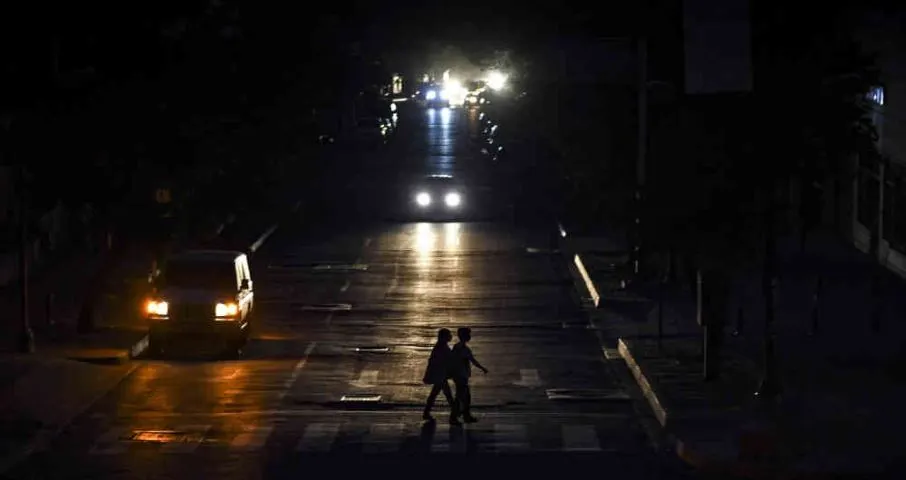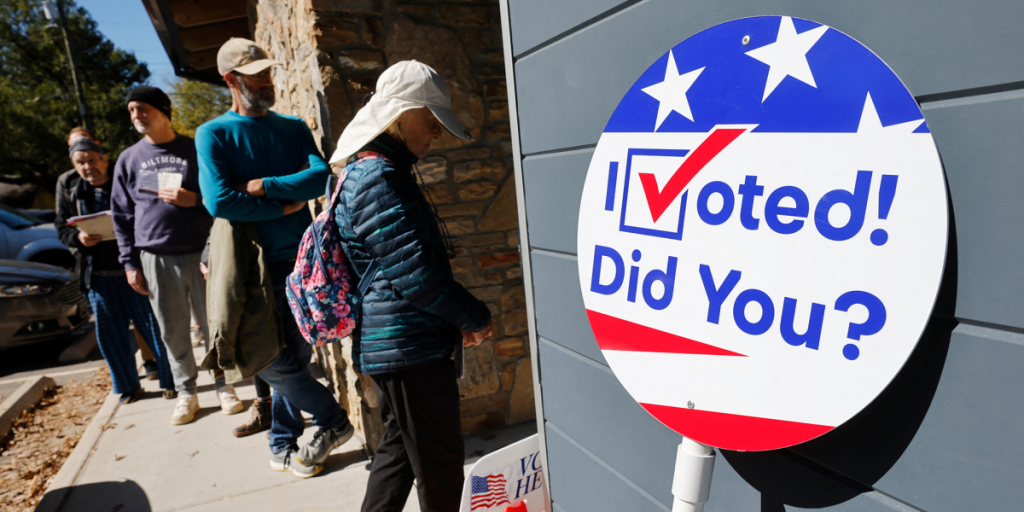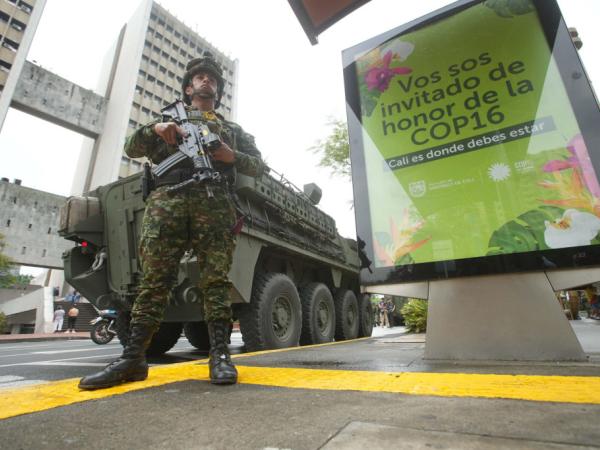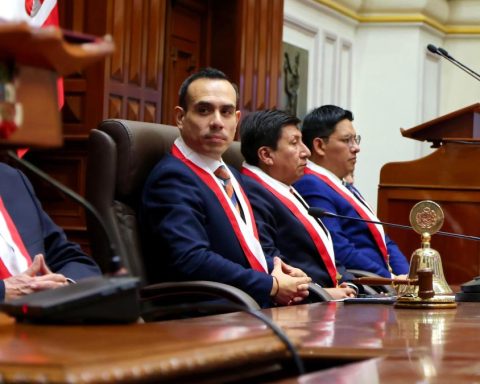SAN LUIS POTOSÍ, Mexico.- The United States Government responded this Friday to the accusations of the Cuban ruler Miguel Díaz-Canel that the crisis Cuba’s energy is caused by the North American embargo, according to statements by Washington officials to the media Martí News.
In an email sent to that newsroom, a State Department official proclaimed that “a greater deterioration economic situation in Cuba does not benefit the United States” and “only serves to exacerbate irregular migration trends,” which is why it is absurd to blame that Government for the Cuban situation.
“As we have seen in recent years, Cuba’s economic conditions, resulting from long-term mismanagement of its policy economic situation and its resources, have increased irregular migratory flows,” he added.
The statement comes after Miguel Díaz-Canel wrote on social networks that the energy emergency has its main cause “in the intensification of the economic war and financial and energy persecution of the United States, which makes it difficult to import fuel and other resources.” necessary for that industry.”
In the letter addressed to Martí Newsthe US official defended that “the law includes exemptions and authorizations for exports of food, medicines and other basic goods to Cuba.”
And he argued that in 2023, the United States exported almost $336 million in total agricultural exports and authorized another $100 billion in humanitarian exports or donations.
“Since the Cuban government began to slowly open up to the private sector, Cuban entrepreneurs have proven to be agile and effective in very difficult circumstances, achieving a better life for themselves and their neighbors,” he said.
During a television appearance on Thursday night, the prime minister of the Cuban regime, Manuel Marrero Cruz, addressed the country’s critical energy situation. The official pointed out that “there are three important factors that affect the electricity generation deficit: the state of the infrastructure, the lack of fuel and the increase in demand.” Of these, the one that affects the most is the lack of fuel, said the prime minister.
Marrero explained that, as a government policy, the residential sector has been prioritized, stopping certain economic activities to guarantee electricity in homes. However, so far all provinces, except Havana, only have around three hours of electricity per day.
The prime minister suggested that the situation could begin to improve starting this Friday, when a fuel ship arrives in the country. “Starting tomorrow, the situation should improve with the unloading of a fuel oil ship,” the official said. In addition, he indicated that the delivery of an additional 2,000 tons of diesel is expected, which will allow the distributed generation engines to return to work.
The Ministry of Energy and Mines (MINEM) of Cuba reported on the social network
The Electrical Union (UNE) of Cuba had already announced that the blackouts would simultaneously cover 49% of the national territory during peak hours (evening-night) this Friday, after a day in which the generation deficit was even greater (51%).
















